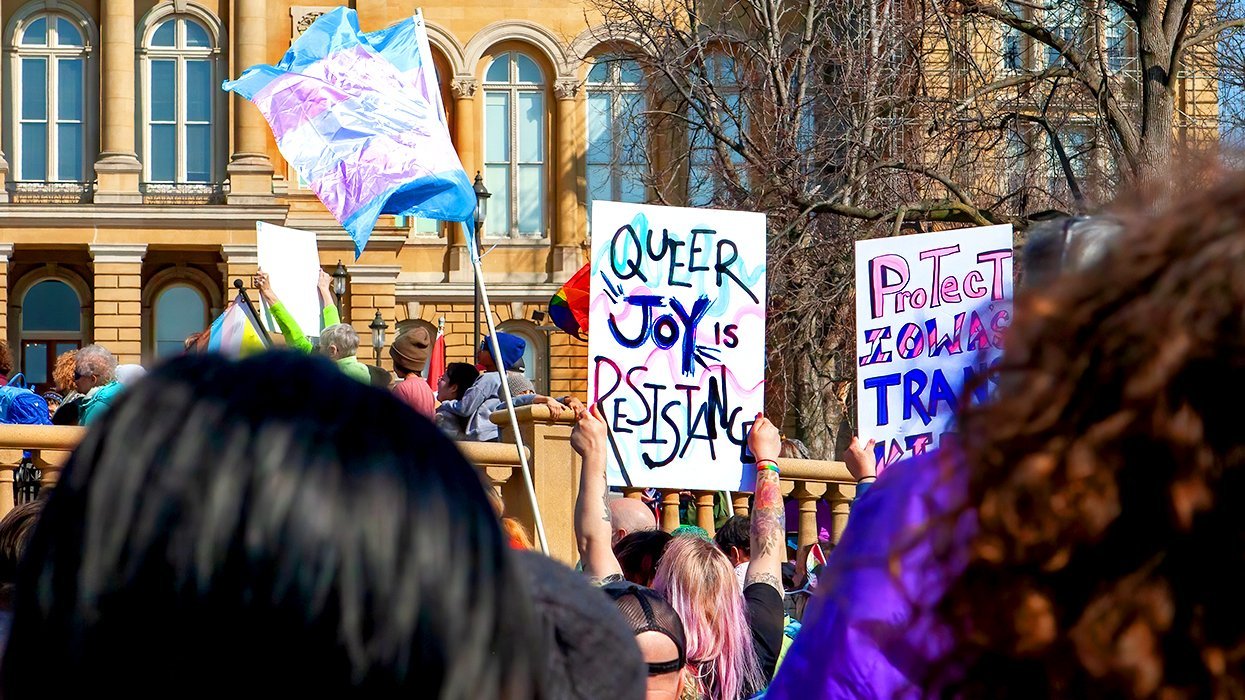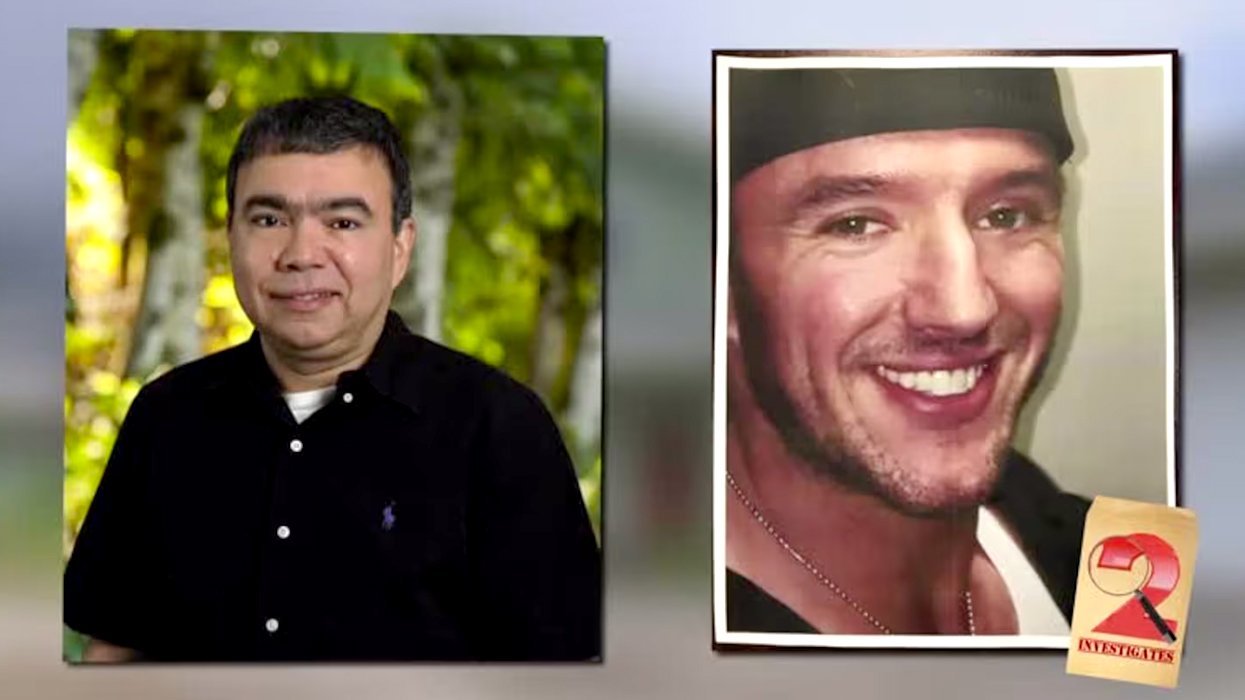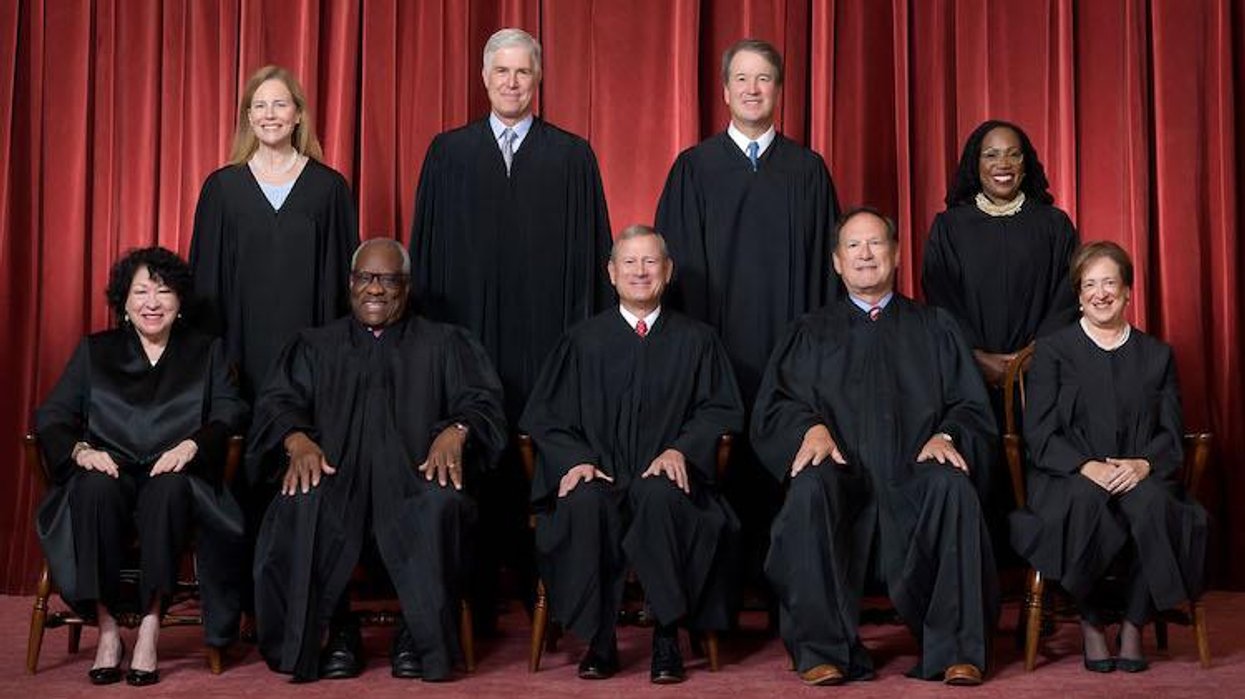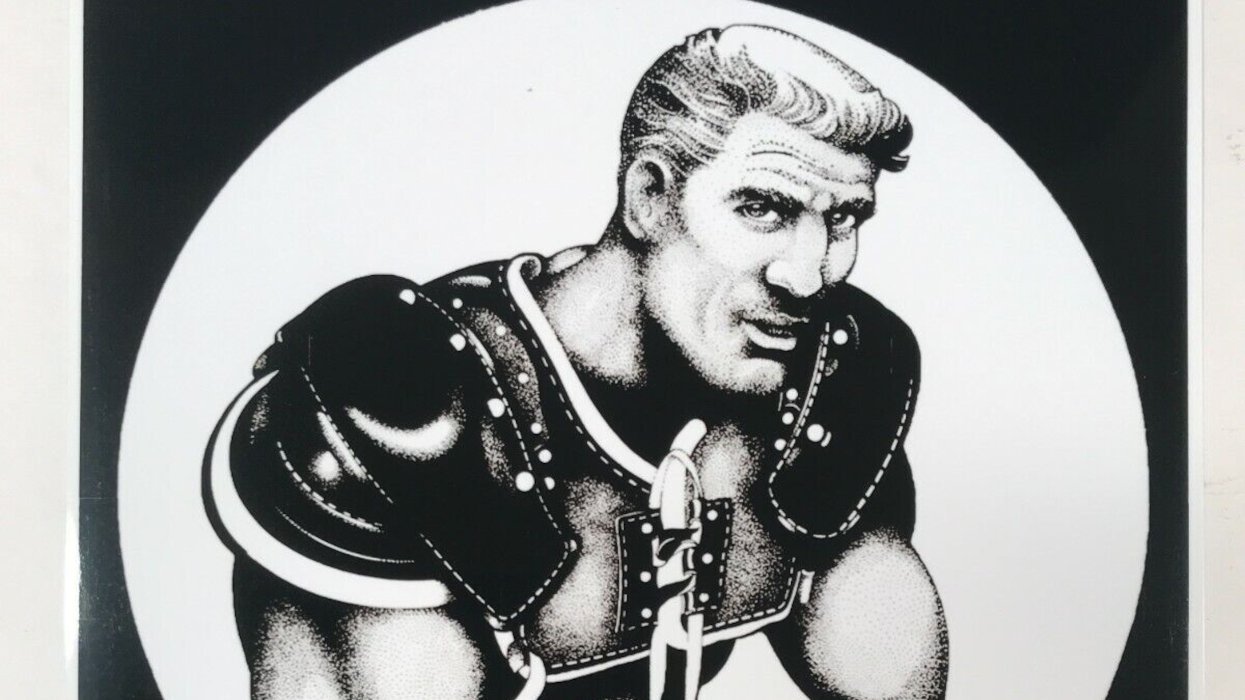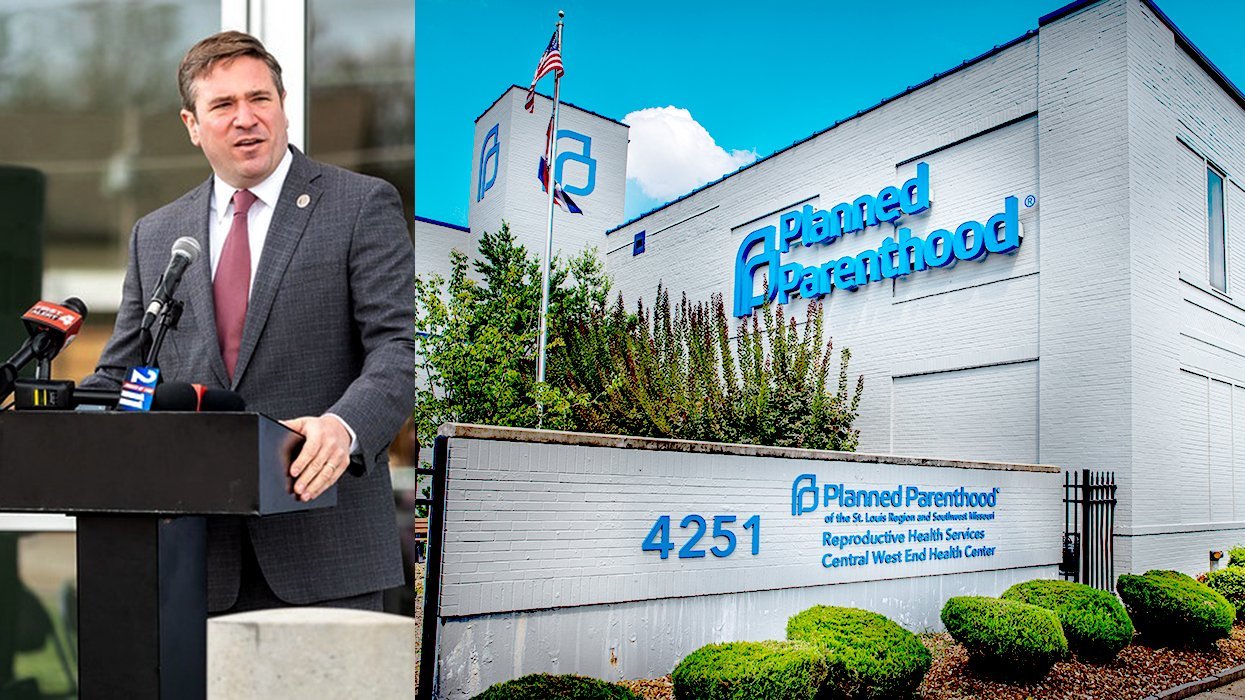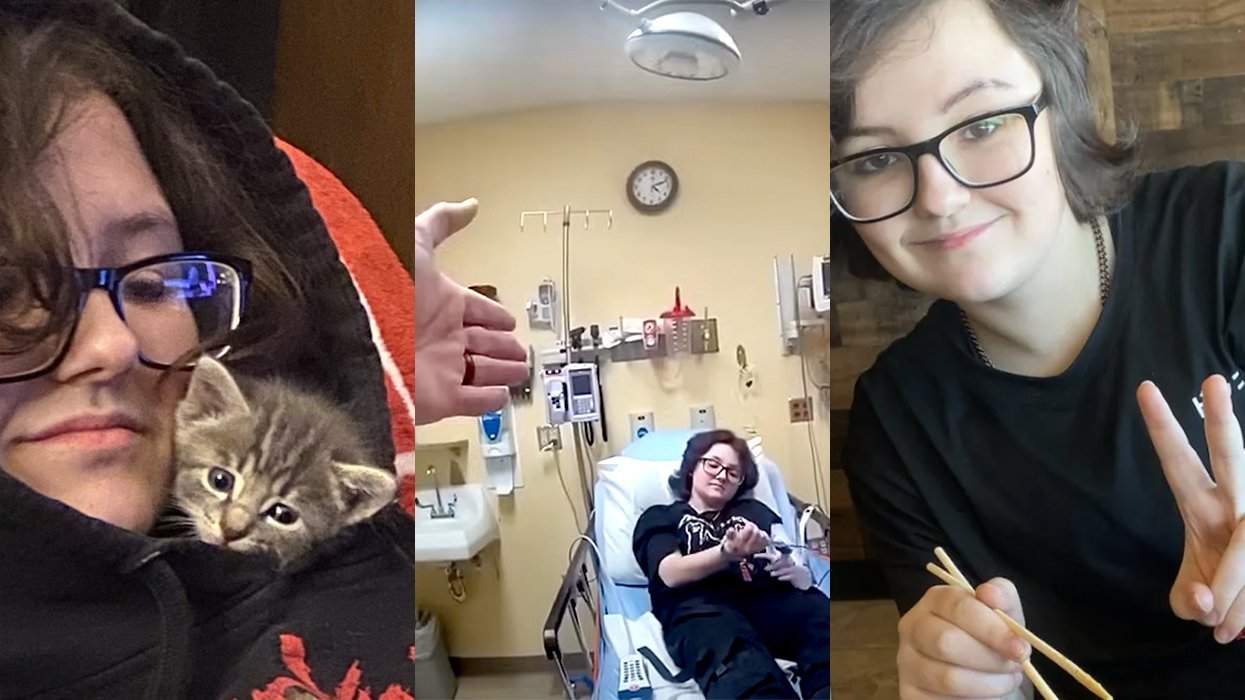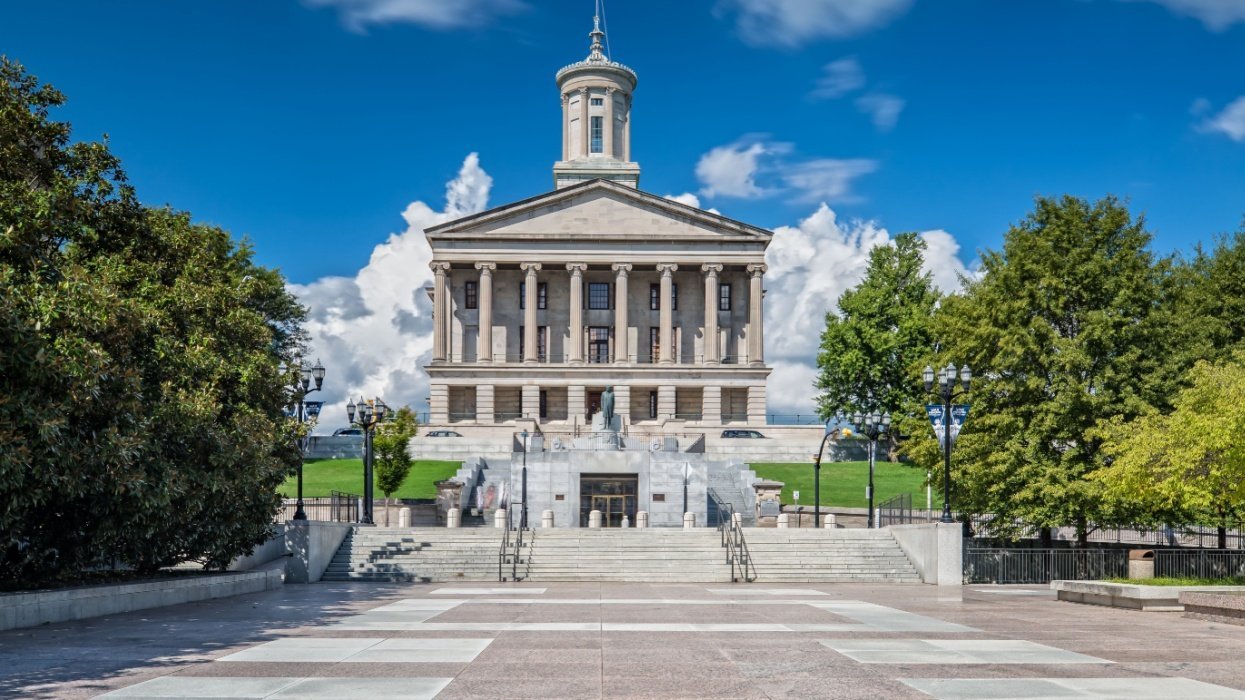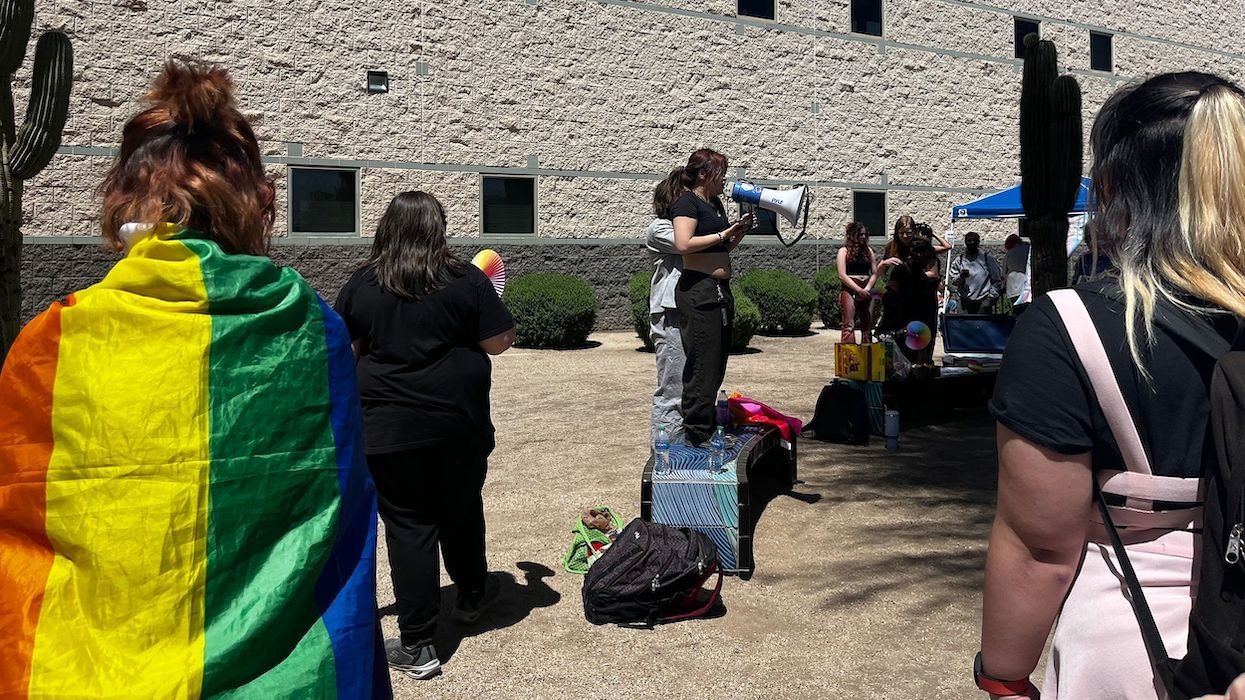Ash Whitaker can finally use the boys' bathroom at school, but it's too late for him to enjoy it.
Just days before the high school senior is set to graduate, Chicago's Seventh Circuit Court of Appeals upheld a preliminary injunction on Tuesday affirming the transgender student's right to use facilities on his campus consistent with his gender identity. The 17-year-old began using the men's restroom at his Kenosha, Wisc., school during his junior year, and did so without incident for six months. That all changed when a teacher reported Whitaker to administration.
The school's staff gave him a choice: He could use a gender-neutral bathroom or go to the bathroom with the girls. He chose the former.
In siding with a lower court ruling, the three-judge panel noted the severe toll that decision took on Whitaker, including his health. Because the only single-stall facility on campus was far away from the bulk of his classes, Whitaker would avoid drinking water to keep from missing his lectures. He has vasovagal syncope, a condition which the judges note, "renders Ash susceptible to fainting and/or seizures if dehydrated."
The school's decision to single Whitaker out among his peers "caused him educational and emotional harm, including suicidal ideation," the court concluded.
The Tuesday ruling found that this treatment is a clear violation of Title IX of the Education Amendments of 1972, a law which bars discrimination on the basis of such characteristics as race, national origin, and sex. U.S. Circuit Judge Ann Claire Williams claimed in a 35-page written opinion that if a school does not allow trans students to use the restroom that most closely matches their sense of self, that decision "punishes that individual for his or her gender non-conformance."
Although school administrators argued that allowing Whitaker to use the boys' bathroom would violate other students' right to privacy, Williams rejected that claim.
"A transgender student's presence in the restroom provides no more of a risk to other students' privacy rights than the presence of an overly curious student of the same biological sex who decides to sneak glances at his or her classmates performing their bodily functions," Williams wrote, reflecting the court's unanimous opinion.
LGBT advocates claim that the court's decision is a stunning rebuke to recent moves by the Trump administration to rollback protections for transgender students. Earlier this year, the Departments of Justice and Education revoked federal best practices enacted under the Obama presidency which advised staff and administrators to treat trans youth in a manner consistent with their gender identity.
Without those guidelines in place, the Supreme Court declined to hear a case involving Gavin Grimm, an 18-year-old student lobbying to use the appropriate bathroom at his Gloucester, Va., high school. The case was sent back to a lower court in March, just weeks before oral arguments were scheduled to be heard.
"The language used in the decision was crystal clear that the ruling is a repudiation of the contortions that the Trump administration is trying to use to hurt trans students," Mara Keisling, executive director of the National Center for Transgender Equality, told The Advocate. "They're anti-trans, anti-LGBT, and anti-civil rights."
What makes the ruling particularly groundbreaking is that the Seventh Circuit court didn't merely rely on Title IX in its reasoning. It also claimed that the actions from the Kenosha school district contravened the Equal Protections Clause of the 14th Amendment. The court thus argued that gender identity is protected under the U.S. Constitution. Although the Seventh Circuit's purview is limited to cases in Illinois, Indiana, and Wisconsin, that legal opinion suggests that trans students in all 50 states would be shielded from discrimination.
In a statement after the ruling, the Transgender Law Center -- which helped represent Whitaker in court -- notes that the Seventh Circuit was the first-ever court to decide trans students deserve protection without "reliance on the Obama Administration's guidance on schools."
The decision, executive director Kris Hayashi argued, comes down to an issue of basic human rights.
"The battleground may be bathrooms, but the real issue is fairness and transgender people's ability to go to school, to work, and simply to exist in public spaces," Hayashi said. "This win makes that more possible for more people."
Although a full review of Whitaker's case is still pending at the Seventh Circuit Court, he stands a strong shot at a repeat victory.
The issue of trans bathroom access is likely to be decided by the Supreme Court, which may choose to rely on these preliminary arguments in its legal reasoning. The Seventh Circuit ruling cited the court's own 1998 ruling on Oncale v. Sundowner Offshore Services, which argued that sexual harassment in the workplace is still unlawful under Title VII of the Civil Rights Act of 1964 if the harassment is between people of the same gender.
The court also noted the SCOTUS's 1989 decision on Price Waterhouse v. Hopkins, a case which upheld that claims of sex stereotyping violate Title VII, as well as its own recent ruling in Hively v. Ivy Tech Community College. The Seventh Circuit ruled in April that federal civil rights law prohibits firing employees on the basis of sexual orientation.
But until the nation's highest court decides the issue, many trans students like Whitaker will remain vulnerable with a lack of protections at the state or federal level.
"Transgender individuals like him lack comprehensive, explicit protections from discrimination in all areas of life in Wisconsin and more than 30 other states," said Kasey Suffredini, the acting CEO and president of strategy at Freedom for All Americans, said in a statement. "The patchwork of differing laws and policies across the country is unsustainable. Ash's story underscores the need for clear laws protecting transgender young people and adults from discrimination."
Louie Ortiz-Fonseca, the director of LGBTQ Health and Rights for Advocates for Youth, claimed that the harmful rollback of transgender rights under Trump has created an "environment where trans youth have to question their safety." Just this week, Education Secretary Betsy DeVos argued it wasn't the White House's job to shield LGBTQ students from discrimination. That should be left up to local administrators, she said.
Ortiz-Fonseca said this week's ruling offers a "glimmer of hope" that change is coming.
"No student should have to worry about being safe in school," he said. "The wins may be few and far between, but if we're persistent and continue to resist, we can declare our place in this world. Young people are refusing to step back in the shadows."















